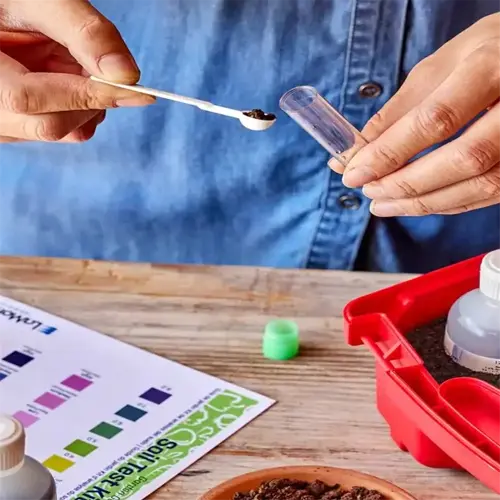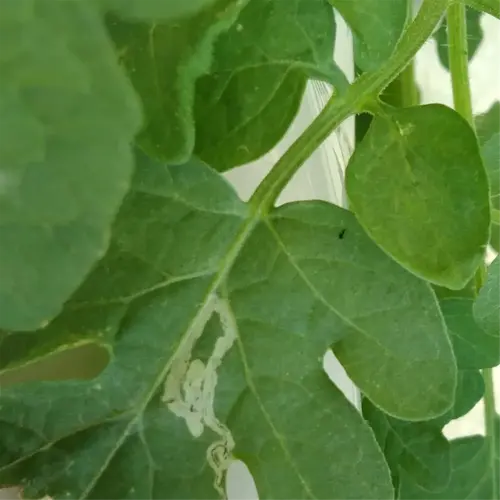What materials should never be used in lasagna gardening?

Written by
Julia Anderson
Reviewed by
Prof. Charles Hartman, Ph.D.The lasagna gardening technique builds up organic materials in layers as it grows up. But a few types of materials will fail you and sabotage your success. Choosing the wrong inputs can lead to pest problems, toxins, or regrowing weeds. I learned this lesson when invasive mint roots erupted through my raised bed. I now carefully vet every scrap I use before adding to my layers for soil health.
Toxic Materials
- Glossy magazines: Petroleum-based inks poison microbes
- Pressure-treated wood chips: Arsenic leaks into soil
- Walnut leaves: Juglone kills tomatoes/nightshades
Pest Magnets
- Meat/fish scraps: Attracts raccoons and rats
- Dairy products: Promotes fly larvae growth
- Bread products: Rodents tunnel through layers
Diseased plants, such as tomatoes infected with blight, should be discarded in trash bags instead of placed in layers. Some pathogens can survive decomposition and be transmitted to healthy plants. A neighbor lost his zucchini crop because he added rose bushes with powdery mildew. As a general practice, tools should be sterilized after handling suspect material.
Immediate Actions
- Remove foreign material with gloved hands
- Aerate layers with garden fork
- Add 1 cup agricultural lime per sq ft
Long-Term Fixes
- Solarize soil with clear plastic for 6 weeks
- Plant mustard greens as biofumigant
- Introduce nematode predators
It's important to keep an eye on invasive roots. Morning glory and bindweed can regrow from a 1-inch piece. Place hardware cloth along the edges of your beds before layering the beds. My clients in Portland solved their horsetail invasion by digressively adding barriers (1/4 or 1/2 inch mesh) at a depth of about 12 inches. Prevention is much better than diving into weed management.
Read the full article: Lasagna Gardening Method: 10 Essential Steps for Success

